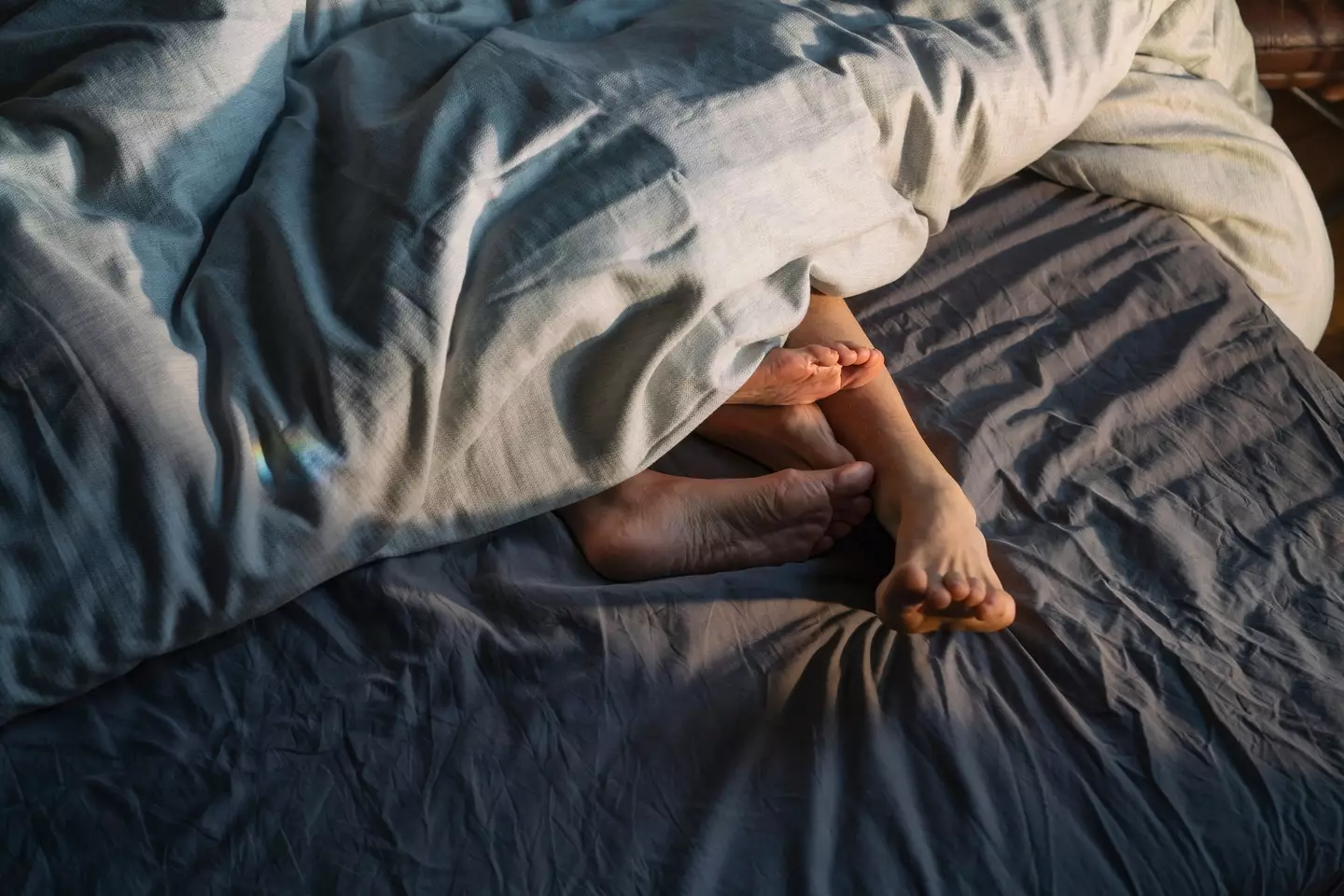
While some people have extremely high sex drives, and others are fine with a little less action, sex holds some form of importance to most people.
It's long been known that for a lot of people, going lengthy periods without any sexual contact can have a significant effect on mood and emotions.
For some people this manifests as restlessness, irritability or just having a severe case of the 'horn' - but what about the physical effects?

Advert
Sex and relationship expert for Womanizer, Christine Rafe, dished the dirt to New York Post about what changes we may experience after a particularly dry spell.
She began: "While there are recognised physical, emotional and psychological benefits to engaging in solo or partnered sexual activity (including outercourse or non-penetrative sex), this does not mean that there are negative consequences associated with not being sexually active."
'Deconditioning'
However, she then went on to explain 'deconditioning' - which, while not a long-term consequence, is a physical experience.
She said: "In the same way we might experience a reduced confidence, muscle tightness and overall deconditioning from not exercising, people who haven’t had sex, or who stop having sex for prolonged periods may experience deconditioning to sexual activities."
She continued that they may 'find that they have muscle tightness or soreness, difficulties in ejaculatory control and a loss of confidence in sexual activity.'

The benefits of having sex
“There is no substantive research or evidence concluding that there are negative health impacts for someone who chooses to not have sex, or to stop having sex", Rafe begins - though there are certainly benefits to getting laid.
"The chemicals released during sexual pleasure, whether solo or with others, include oxytocin, endorphins, serotonin and dopamine.
"These are our happy/feel-good chemicals, and they can improve mood and energy levels", as well as 'increase motivation'.
Sex and pleasure can also help lower stress levels by reducing cortisol, which Rafe notes 'can impact mood and immune system'.
But the benefits don't stop there.

“The correlation between higher ejaculatory frequency in adulthood and a lowered rate of prostate cancer in those with a penis is generally noted in later adulthood", Rafe adds, though of course this can also be achieved without physically having sex with another person, if you prefer.
Other ways to encourage feel-good hormones
Rafe states: "Not having sexual pleasure doesn’t mean that you can’t experience the same benefits of these chemicals as someone who does engage in sexual activity."

She adds: "We can promote the production of these chemicals through lots of other activities such as movement, dancing, massage, meditation, singing, listening to music, laughing, experiencing something new and/or moderately challenging."
As for reducing cortisol, Rafe states: "While sexual pleasure and activity can reduce cortisol which can impact mood and immune system, other ways that you can reduce cortisol include meditation, exercise, sleep, healthy eating and setting boundaries."
Don't fret about a fluctuating libido
It's a tale as old as time that while you may be ready and raring to go in your youth, the penchant for sex may decline as you age.
That's nothing to worry about.
"It’s very likely that you will experience fluctuations and changes in your experience of desire, arousal and pleasure throughout your life, and this can fluctuate weekly, monthly (particularly for those who menstruate), or more progressively over different life stages including puberty, relationship dynamics, parenthood, menopause and older age", Rafe says.
Ultimately, Rafe notes that 'sex can certainly be a component of a healthy lifestyle, but it is not essential for you to be healthy.'
"If it's not causing you concern or impacting your life in any adverse ways, then you can absolutely live a healthy and fulfilling life without having sex!”
Good to know.
Topics: Sex and Relationships, Health